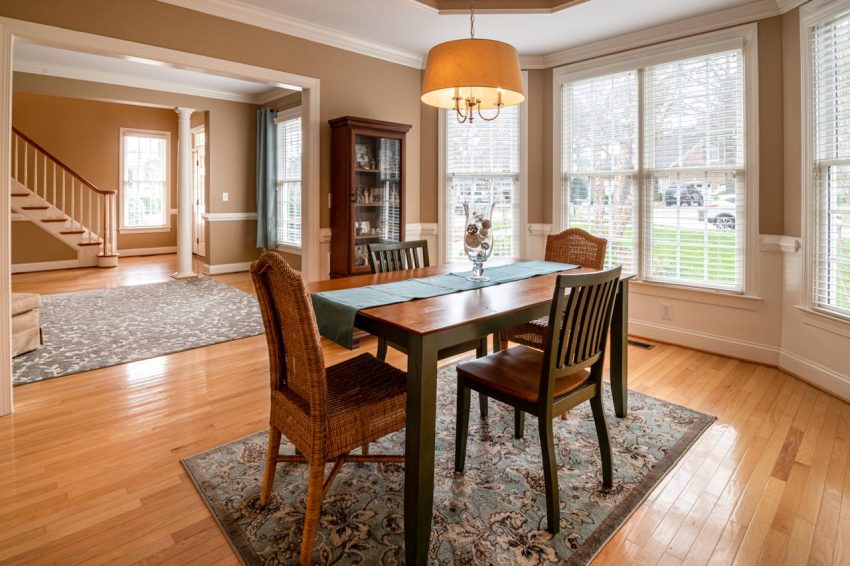Introduction
Bay windows have long been a popular feature in homes, adding elegance and functionality to both the interior and exterior. Among the various materials available for bay windows, aluminium has gained significant traction for its modern aesthetics and practical benefits. This blog explores why aluminium bay windows are an excellent choice for homeowners, architecture enthusiasts, and DIYers alike, detailing their aesthetic appeal, durability, and energy efficiency.
The Aesthetic Appeal of Aluminium Bay Windows
Aluminium bay windows are synonymous with contemporary design and sleek finishes. Their slim frames offer a clean, unobtrusive look that complements modern architectural styles. Unlike traditional wooden frames, aluminium allows for larger panes of glass, which means more natural light and a greater sense of openness within your living spaces. This material also pairs well with various home designs, whether you prefer a minimalist, industrial, or even a more classic aesthetic.
One of the standout features of aluminium bay windows is their versatility. They can be customised to match your home’s existing decor, with a wide range of colours and finishes available. Whether you want a bold, statement-making frame or a subtle, understated look, aluminium can be tailored to meet your design preferences. Additionally, their ability to blend seamlessly with other materials, such as brick or wood, makes them a flexible option for any home renovation project.
Durability and Weather Resistance
When it comes to longevity and resilience, aluminium stands out as a superior material for bay windows. Unlike wood, which can warp or rot over time, aluminium is resistant to the elements. This makes it an ideal choice for areas that experience harsh weather conditions. Be it intense sunlight, heavy rain, or freezing temperatures, aluminium bay windows maintain their structural integrity and appearance, ensuring they remain a lasting feature of your home.
Aluminium’s durability is not just limited to weather resistance. It is also a material that requires minimal maintenance. A simple wipe down with a damp cloth is often enough to keep aluminium frames looking their best. There is no need for regular painting or sealing, which can be both time-consuming and costly. This low-maintenance aspect is particularly appealing for busy homeowners or those who prefer a hassle-free lifestyle.
Energy Efficiency
In today’s eco-conscious world, energy efficiency is a top priority for many homeowners. Aluminium bay windows excel in this area, offering excellent thermal performance that can help reduce heating and cooling costs. Modern aluminium frames are often fitted with thermal breaks – insulated sections within the frame that prevent heat transfer. This means your home stays warmer in the winter and cooler in the summer, contributing to lower energy bills and a reduced carbon footprint.
Beyond thermal efficiency, aluminium bay windows also provide superior insulation against noise. This can be especially beneficial for homes located in busy urban areas or near main roads. The combination of energy savings and noise reduction makes aluminium bay windows a practical and environmentally friendly choice for any home.
Conclusion
Aluminium bay windows offer a blend of modern aesthetics, durability, and energy efficiency that makes them an outstanding choice for homeowners, architecture enthusiasts, and DIYers. Their sleek design enhances the look of any home, while their robust nature ensures they withstand even the harshest weather conditions. Additionally, their energy-saving properties make them an environmentally friendly option that can help reduce your household’s carbon footprint.
If you’re considering upgrading your windows or adding a new feature to your home, aluminium bay windows are worth exploring. They provide a combination of beauty, strength, and practicality that is hard to beat. For those looking to refine their home’s style while enjoying the benefits of modern technology, aluminium bay windows are an investment that pays off in both form and function.
